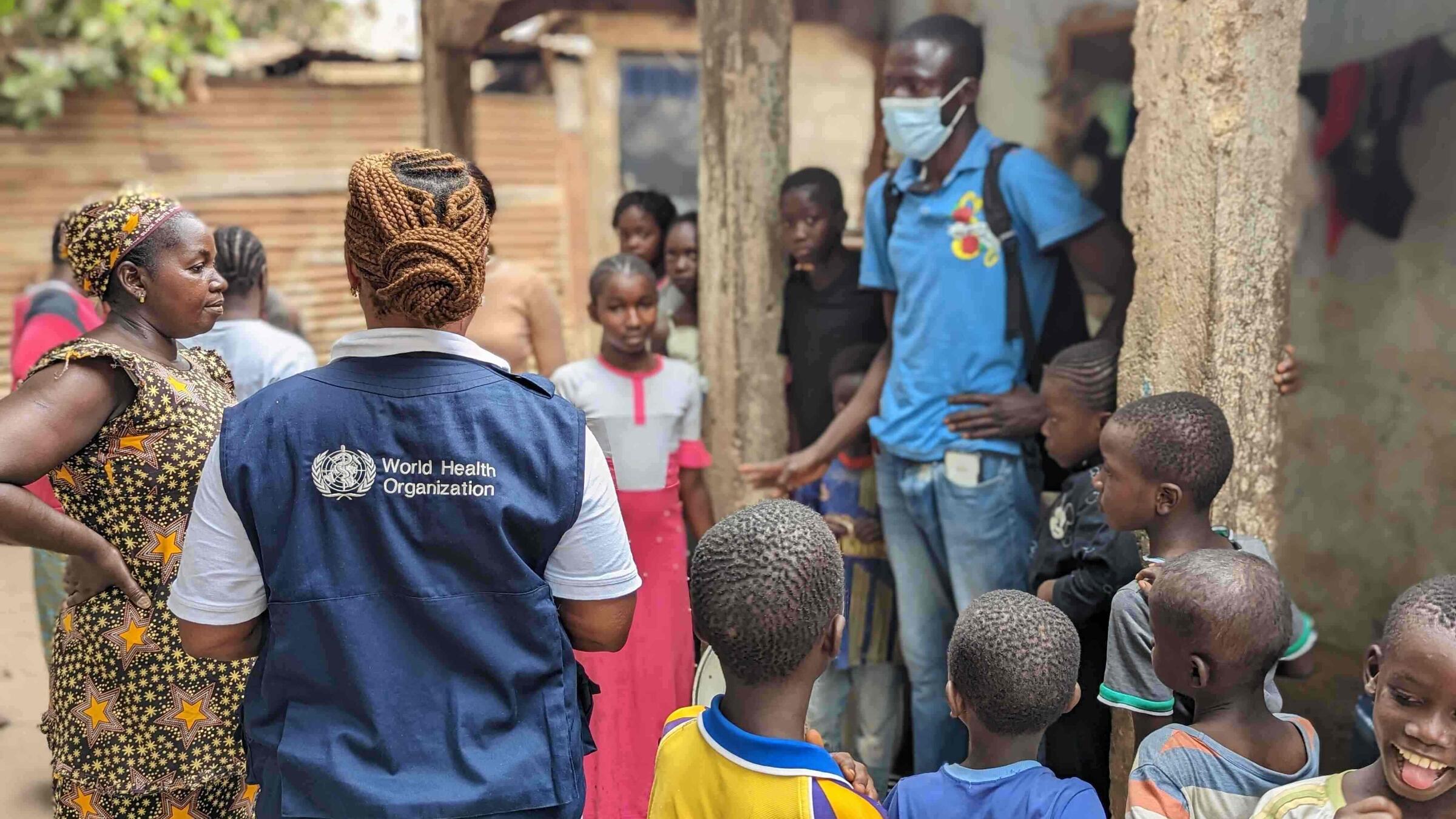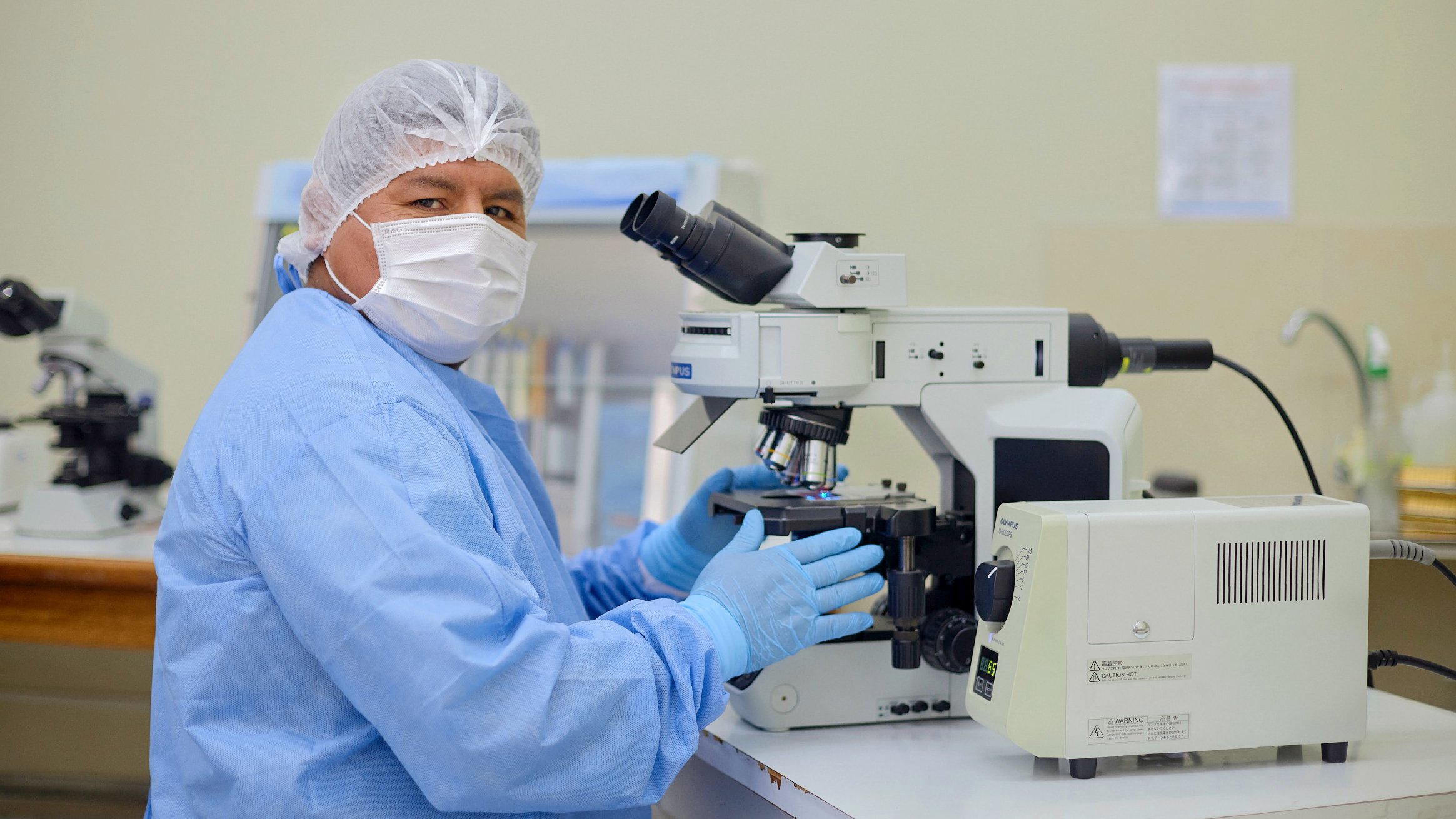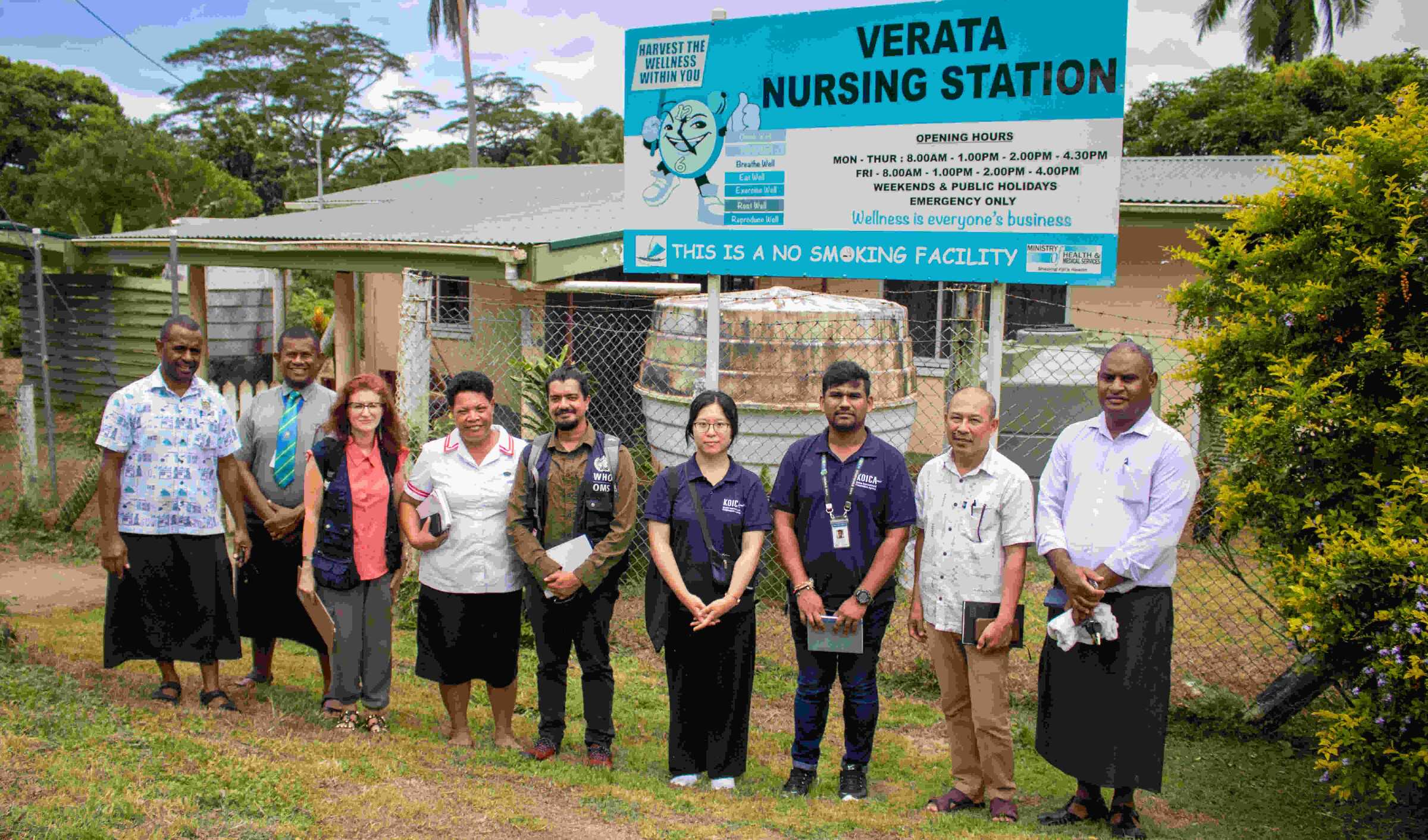/planning-resource-coordination-and-per-monitoring-(prp)/influenza-surveillance-review-meeting-nepal.jpg?sfvrsn=69932679_3)
INVESTMENT ROUND: IMPACT STORY
Acute kidney injury outbreak rapidly curtailed in Gambia
WHO's swift response save lives, halting acute kidney injury outbreak
 © WHO Gambia / Monik Bhatta
© WHO Gambia / Monik Bhatta
470 000
US$ released from CFE
72h
response
700
patients seen
In July 2022, Gambia's Ministry of Health was alerted to a spike in cases of acute kidney injury among children. Acute kidney injury is a sudden and rapid deterioration of kidney function, leading to a build-up of waste products in the blood and disruptions in fluid balance. In severe cases it can lead to death.
WHO collaborated with Gambia and other partners to coordinate a systematic and rapid response to the outbreak.
A rigorous investigation led by WHO revealed a common exposure to contaminated over-the-counter syrup medicines. WHO orchestrated a nationwide recall of contaminated medicines, which included a house-to-house recall and collection of products from the implicated manufacturer.
To initiate the response US$ 470 000 was released from the WHO Contingency Fund for Emergencies (CFE). Within 72 hours of an emergency response being activated, WHO deployed an Emergency Medical Team from Senegal to support the clinical management of acute kidney injury cases. During the 14-day deployment, approximately 700 patients were seen, including 14 suspected acute kidney injury cases.
WHO and The Gambia's proactive response not only saved lives but effectively brought the country’s acute kidney injury outbreak to a halt.
WHO's timely activation of emergency procedures, financial support, deployment of medical teams, and comprehensive training significantly contributed to the successful management of the crisis. The investigation and recall of contaminated medicines showcased international collaboration. WHO's global alert raised awareness regarding the potential risks associated with these products, facilitating the swift detection of cases involving contaminated syrup medicines in Cambodia, Indonesia, Marshall Islands, Micronesia (Federal State of) and Uzbekistan. WHO collaborated closely with authorities in each country to proactively prevent additional incidents and guarantee the safety and quality of medicines within their respective regions.
→ Read the full story: WHO's swift response saves lives in Gambia
Return on investment
A fully funded WHO will support Member States to save an additional 8.5 million lives in health emergencies, including preparedness and prevention of outbreaks, by 2028.
The coordinated systematic and rapid response to the outbreak in Gambia is an example of WHO delivering on the detection of and response to acute public health threats is rapid and effective, contributing to WHO's Fourteenth General Programme of Work (GPW 14), strategic objective 6.1.
Funding the future
WHO's rapid response to the outbreak in Gambia wouldn't have been possible without funding.
To continue addressing threats like this, WHO needs sustainable financing, that is, predictable, flexible and resilient. This will allow WHO to have the greatest impact where it is needed most. Please support the WHO Investment Round.
/invest-visual-investing.png?sfvrsn=dbf748b9_20)

/ir-pie-chart-emergencies-amr.tmb-1920v.png?sfvrsn=c79fac88_2)

